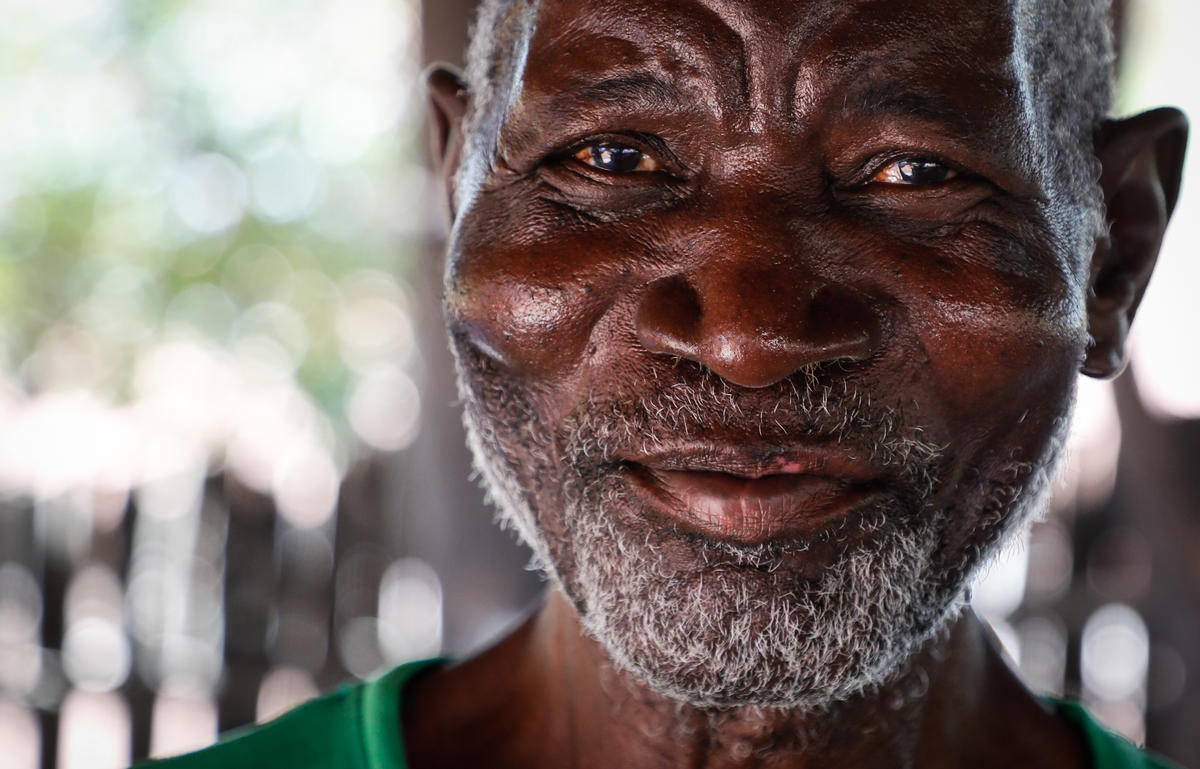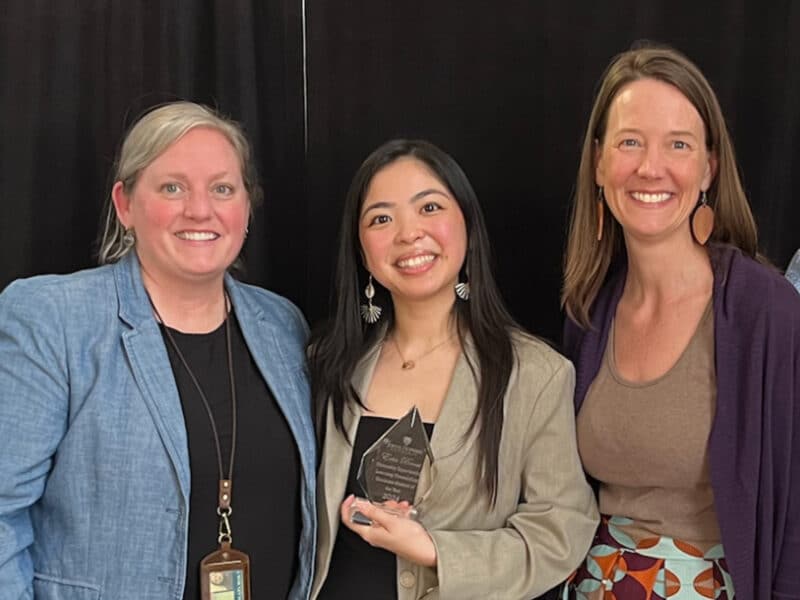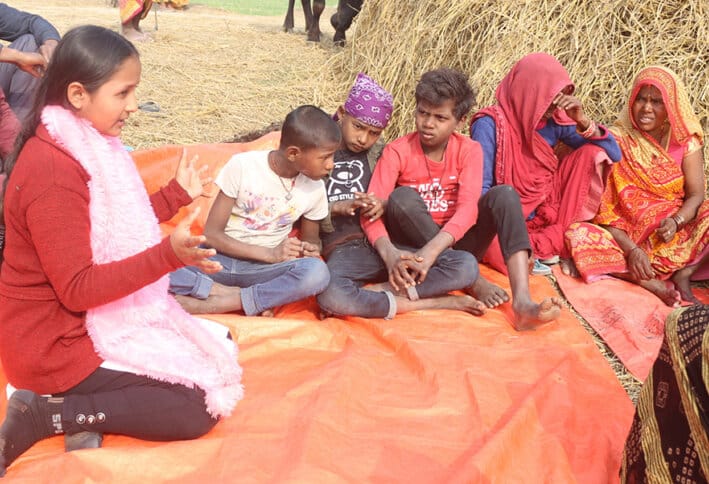Sofia Bandomia and her team in Portuguese-speaking Mozambique had long found it challenging to enroll men living with HIV in care and treatment. What she found 5,000 miles, 11 countries and a language away in Cote d’Ivoire changed that.
Now, the Johns Hopkins Center for Communication Programs’ Communication for Improved Health Outcomes project, which Bandomia helps lead and is funded by USAID/PEPFAR, is having real success.
These men now have the tools to survive and thrive physically and socially thanks to the findings of recently published HIV research in French-speaking Cote d’Ivoire. The CCP-led research found that it wasn’t enough to target men with messages about their health, but addressing their masculinity concerns were just as, if not more, important.
“HIV goes beyond just having a virus and making a chronic treatment plan,” Bandomia says. “There is a lot of psychology beneath it all that previous research never focused on.” This psychology is largely based on the notion of HIV as a fatal disease and the fear that after disclosing a positive diagnosis, stigma and social death are not far behind.
Since learning about the Cote d’Ivoire work, Bandomia’s team began talking to men living with HIV about how they can maintain sexual vitality, achieve financial success and keep their social status. This new focus led to opportunities for talking with men about antiretroviral therapy and its benefits.
The change in focus has been so successful that the men themselves now refer half of all new members enrolled in Bandomia’s program. And with 95 percent of men staying in the program since January 2019, Bandomia feels more optimistic than ever about the work she’s been doing for 20 years.
To achieve these results, Bandomia’s team placed a higher value on the type of training the community counselors received, says CCP’s Patricia Poppe, who shared the Cote d’Ivoire research with the Mozambique team.
“Knocking on someone’s door and openly discussing HIV in a way that offers something new is difficult,” Poppe says. “We built on the research by requiring that community counselors have a higher level of education and training than similar projects required in the past.”
These counselors were required to have at least three years of experience as an activist or member of an association supporting people living with HIV. This was done to ensure a greater level of service.
When men get the answers to questions about how to maintain their masculinity, they don’t just refer other men to the program. They open the door to the counselors to support the rest of the family: spouses, other sexual partners and children.
These results are impressive to CCP’s Danielle Naugle, who led the research in Cote d’Ivoire on men’s values and HIV. She wants the public health community to tear down the barriers that have been erected by many years of fear-based messaging.
“We need to craft fear appeals very carefully and thoughtfully,” Naugle says. “It’s a lesson for all of us who work in health communication. We need to be aware of the long-term consequences of what we put out there.”
To Bandomia, global efforts to close the distance between the negative clinical-based messages of the past and positive values-based messages of the future will require sharing knowledge. And, she hopes other countries, implementing partners and donors that do the same type of work will be willing to learn from this experience.
Bandomia, Poppe and Naugle all recognize that the new approach requires an extended commitment of time because there is more to discuss with men during counseling. Investments in time, though, are worth it if men are to stay in treatment and thrive socially, they say.





